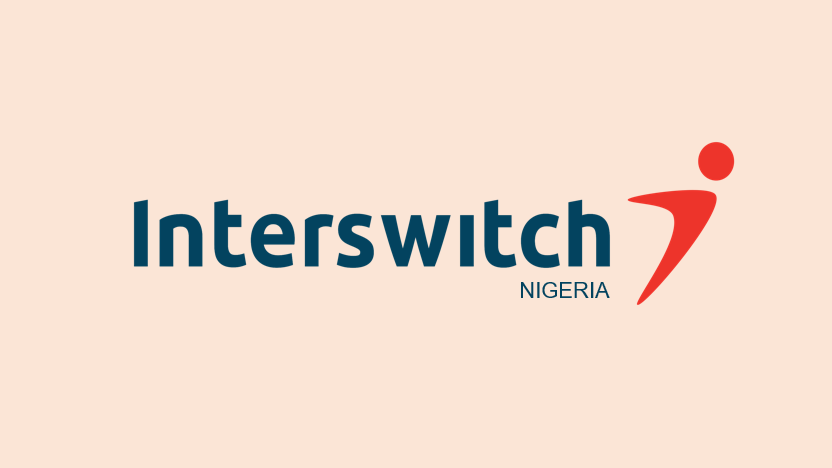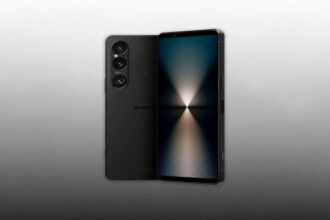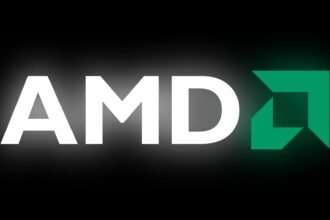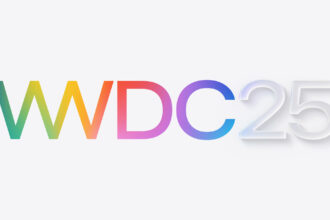Interswitch, the prominent Nigerian payments company backed by Visa, has officially merged with M-Kudi, a leading mobile money provider.
The objective behind this strategic move is to secure a payment service bank (PSB) license from the Central Bank, marking a significant expansion of Interswitch’s offerings beyond its traditional payment services.
Pending regulatory approval, this merger empowers Interswitch to establish accounts and manage customer deposits, representing a notable shift towards diversified financial services.
This development follows Interswitch’s recent acquisition of a mobile virtual telecoms license, demonstrating a broader commitment to innovation within the fintech industry.
An industry insider shared insights on the motivation behind PSB licenses for payment companies, emphasizing the desire to internalize a portion of transaction volumes and leverage established strengths.
The move towards a PSB license is seen as a strategic consolidation for Interswitch, potentially even leading to the establishment of a self-banking model.
Despite Interswitch’s silence on the matter, securing a PSB license holds substantial advantages for the company.
In its 2023 fiscal year, which concluded on March 31, Interswitch reported a commendable $42 million in revenue. With the PSB license in place, Interswitch gains the capability to handle foreign currencies for its customers and directly provide agency banking services.
However, the success of Interswitch’s foray into remittance and agency banking services relies on the introduction of innovative offerings that resonate with the notoriously inert user base in Nigeria. Leveraging its established presence in the country, where it derives 94% of its revenue, could prove instrumental in winning over consumers.
The Central Bank of Nigeria (CBN) laid the groundwork for payment service banks in 2018, emphasizing the goal of enhancing financial inclusion in rural areas.
License holders are mandated to allocate 25% of their physical activities to regions with a significant unbanked population.
This implies that Interswitch, predominantly reliant on banking services for revenue, will need to invest in a widespread physical network of agents to comply with these regulations.
Despite the potential benefits, there are challenges associated with PSBs in Nigeria. Mobile money operators face restrictions, limiting their involvement in lucrative segments such as direct loans, foreign currency deposits, and foreign exchange transactions—except for receiving remittances.
These restrictions pose significant hurdles, affecting the overall attractiveness of PSBs in the Nigerian financial industry.














